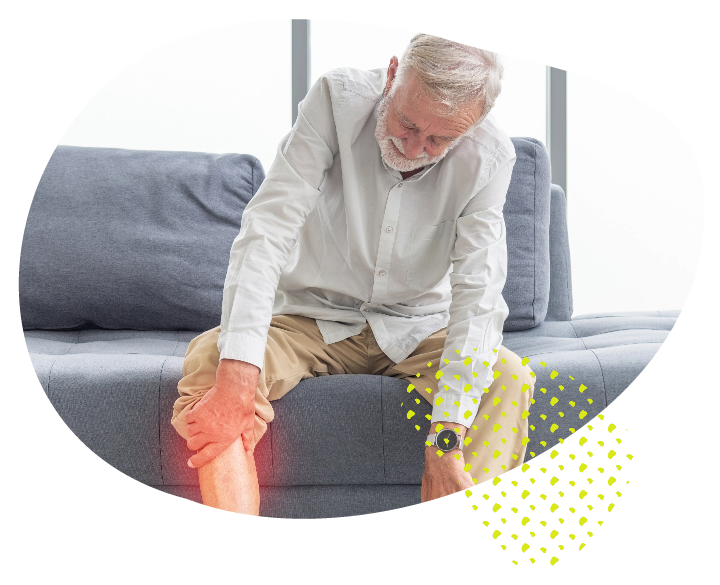Osteoporosis/Osteopaenia

What causes Osteoporosis/ Osteopaenia?
Osteoporosis can occur due to a decline in minerals within the bone such as calcium. Decreases in bone density can make the bones more fragile and easily broken than bones of normal density.
Thus, low intake of nutrients such as calcium and vitamin D levels over the course of your life can be a significant factor affecting your risk of developing osteoporosis.
Other risk factors include:
- Use of corticosteroids
- Low hormone levels
- Thyroid conditions
- Conditions causing malabsorption e.g. coeliac disease, crohn’s disease
- Chronic diseases e.g. rheumatoid arthritis
- Low physical activity levels, in particular weight bearing and resistance type activities
- Smoking Excessive intake of alcohol
- Weight (underweight or overweight).
How can Bites Dietitians help?
Diet is an important factor in maintaining optimal bone health. Providing your body with adequate nutrition, in particular with vitamins and minerals such as calcium and vitamin D, we can help you to prevent further bone density loss. We can create a practical diet plan that you enjoy and that contains the recommended amounts of vitamin D and calcium for your age and life stage to ensure you’re doing the best you can to limit further bone loss. We will also teach you what foods may interact with absorption of calcium and vitamin D, and the best times of the day to consume these foods to optimise absorption.


How can Bites Exercise Physiologists help?
Targeted resistance based and weight bearing exercises designed by an Exercise Physiologist can change your bone density by placing just enough force (deformation) through the bone to stimulate an increase in the amount of calcium/mineral that gets deposited inside the bone structure. Increasing the weight as you progress in an exercise helps to keep stimulating this positive bone adaptation. Our Exercise Physiologists can provide you with an exercise prescription that you can complete at home with minimal equipment or in a gym that will help increase your bone density whilst reducing the risk that no further damage or injury occur. We will provide a tailored exercise plan that is suited to your ability levels and comfort whilst ensuring you get the results you want! Our Exercise Physiologists have been helping clients improve their bone DEXA scores since 2010!
How will you know its working/you’re improving?
- DEXA scores will likely stabilise and may even improve after 3 – 6 months of consistently following your diet and exercise program
- Your strength and fitness will also improve from 6 – 8 weeks

Helpful things to bring/remember before your first appointment
- Previous DEXA scores
- Referral
- Blood test results
Want To Know More About Other Conditions We Treat?
